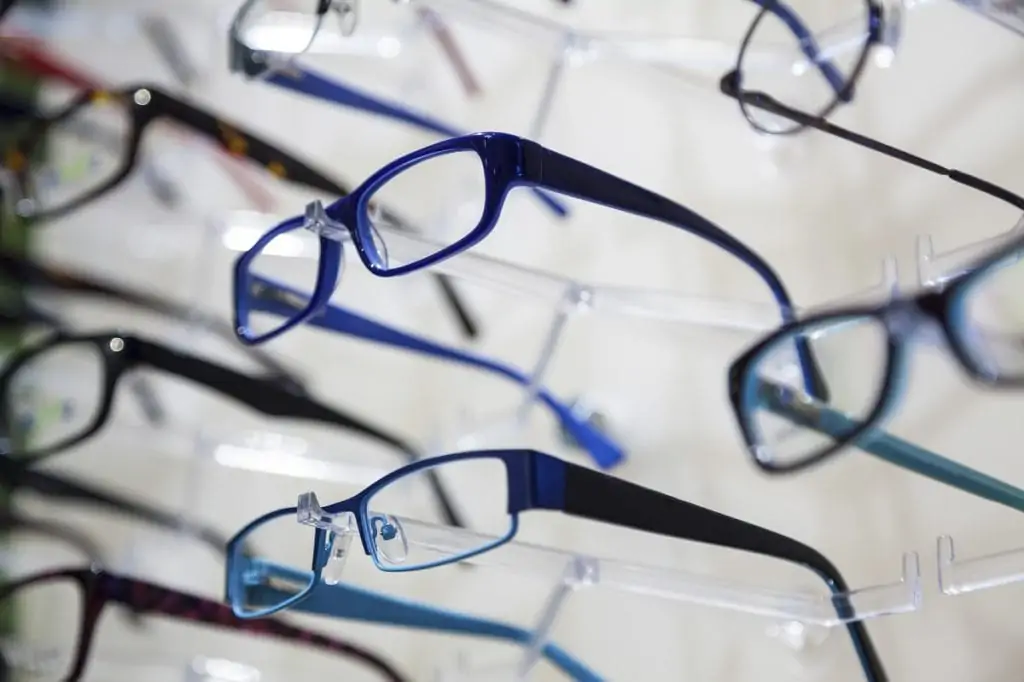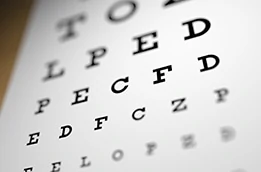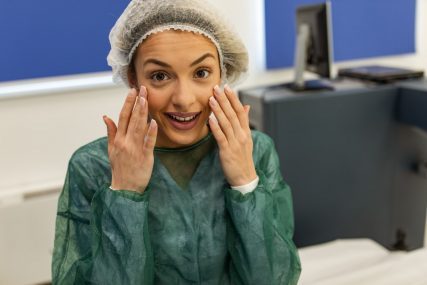4 Good Things To Do With Your Old Glasses After LASIK

As you make your preparations for your laser vision correction procedure and life after glasses, you may be wondering what to do with your old prescription eyeglasses, prescription sunglasses, and contact lenses after LASIK.
Your used glasses can do a world of good for people struggling with vision problems. Many have difficulty with mundane, daily tasks like reading, cooking, and telling time. In fact, the World Health Organization estimates nearly 700 million people are vision impaired with little to no access to eye care or eyeglasses. Poor vision can make holding a job, finding enough food, learning to read, and caring for their family challenging. In fact, the global economic cost of lost productivity due to having poor vision is estimated at $700 billion per year.
What to do with Glasses after LASIK?
- `Check with your LASIK surgeon
- Donate to non-profits that have vision care programs
- Consider earth-friendly recycling
- Upcycle
After LASIK, why not consider helping people get the vision they need to lead independent, sustaining lives? The gift of eyeglasses or contacts can help students do better in school or adults return to the workforce. Here are four things you can immediately do:
1. After LASIK, Check with your LASIK surgeon
Often, LASIK practices partner with regional and national organizations and hold their own drives to receive old glasses donations. It is recommended to check with the LASIK surgeon you chose. Some practices even lead mission groups to provide eye care and glasses to a targeted population.
2. Donate To Organizations That Give the Gift of Sight
National non-profits have vision care programs that sort, clean and process glasses by type and prescription lenses of all kinds – including sunglasses, which protect people from cataracts caused by sun damage.
- Lions Club International – These volunteers collect used eyeglasses, clean and sort them by prescription. They then donate to people in low and middle income communities.
- New Eyes for the Needy – They collect and redistribute used eye glasses, partnering with local practices for drives. Eight million people in the United States and in developing countries worldwide have benefited so far.
- One Sight – One of the largest vision charities in the world, One Sight hosts regional drop-off locations all over the country.
While many of these suggestions focus on old glasses, it is worth checking to see if they accept unopened and unused contact lenses or even unopened and unused contact lens solutions and supplies. Be sure to check expiration dates on the products to be sure they are still good. If they are expired or will expire soon, please dispose them properly. However, wherever possible, recycle the packaging.
If these options are not available in your region, there are other ways to make a difference in your community and creative uses for your the eyeglasses you no longer need after LASIK you may want to consider:
3. Consider Earth-Friendly Recycling
Just because you no longer need your glasses after LASIK doesn’t mean you should put them in the trash. Reduce the local landfill and help Mother Earth by popping out your lenses for glass or plastic recycle bins. Metal or plastic frames can also be recycled – often through city programs or other local recycling organizations. Many eye care offices participate in the ONE by ONE Recycling Program which to date has saved over 180,000 used contact lenses and blister packs from landfills through proper recycling.
4. Why Not Upcycle
Donate your frames to a local pre-school, kinder class, or theater group for dress-up play. Be sure to pop out the lenses first, and students can let their inner Harry Potter shine. Or donate them to an art class for creative re-purposing.
So, if you are getting the benefit of great vision with a laser vision correction procedure such as LASIK, it is terrific to know that someone else can benefit as well. Whatever you decide to do or whomever you choose to help, your used glasses will get great mileage long after LASIK has you free of them.




